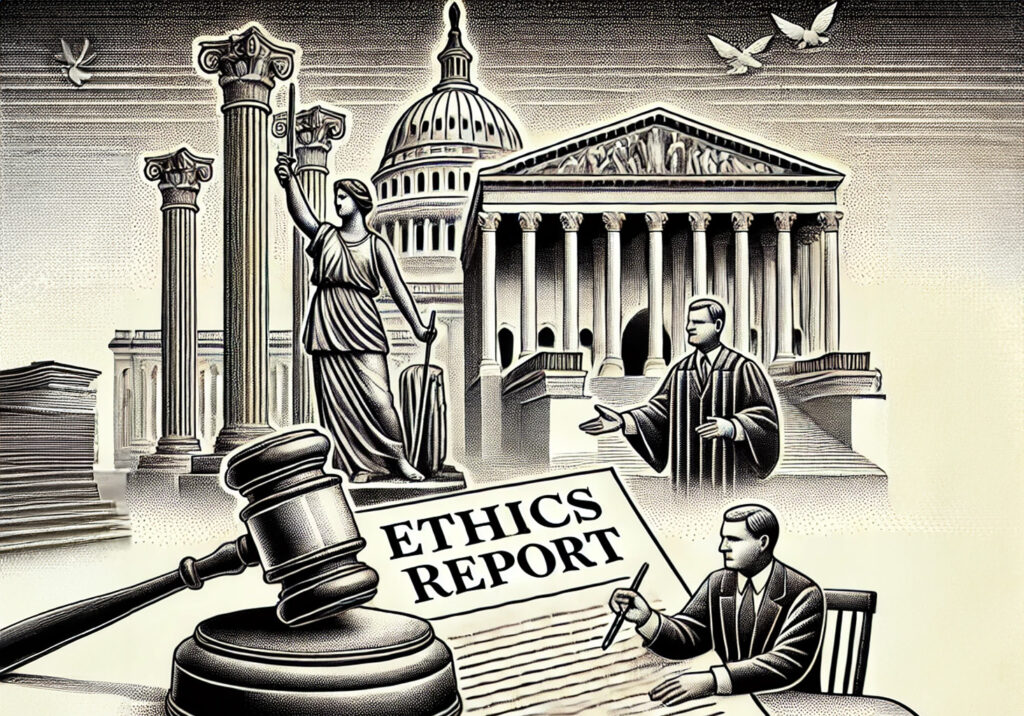The recent controversy over Speaker Mike Johnson’s request to withhold a House Ethics Committee report on former Representative Matt Gaetz has sparked significant debate. At the heart of this issue are questions about congressional precedent, transparency, and public trust. Let’s break down the key aspects of this complex situation and its broader implications.
Understanding the Debate
The Precedent of Withholding Reports
Speaker Johnson has argued that the Ethics Committee’s jurisdiction ends when a member resigns from Congress. He claims releasing the report would set a dangerous precedent, stating, “The House Ethics Committee’s jurisdiction is over sitting members of Congress.”
However, critics assert that withholding the report undermines accountability, especially given the serious allegations against Gaetz.
The Timing of Gaetz’s Resignation
Gaetz resigned just hours before the Ethics Committee was scheduled to meet and discuss releasing the report. This timing has raised suspicions that the resignation was an attempt to avoid scrutiny, fueling demands for greater transparency.
Transparency vs. Tradition
The debate over whether to release the report reflects broader tensions between maintaining institutional traditions and meeting public demands for accountability. While Johnson emphasizes tradition, critics argue that transparency must take precedence, particularly in cases involving serious misconduct allegations.
The Stakes: Public Trust and Accountability
Broader Implications for Congress
- Transparency: Withholding the report could erode public trust in Congress and its ethics processes.
- Accountability: Releasing the report would signal that no individual is above scrutiny, even after leaving office.
- Precedent: This case will likely set the tone for how future ethics investigations are handled.
Impact on Public Perception
The outcome of this debate will influence how the public views Congress’s ability to hold its members accountable. Balancing tradition with transparency will be critical in rebuilding trust in democratic institutions.
Conclusion: A Defining Moment for Congressional Ethics
The debate over Matt Gaetz’s ethics report is more than just a question of tradition—it’s a test of Congress’s commitment to accountability and transparency. The decision will have lasting implications for public trust, institutional integrity, and the future of ethical governance.
What do you think? Should the Ethics Committee release the report? Share your thoughts in the comments below.







